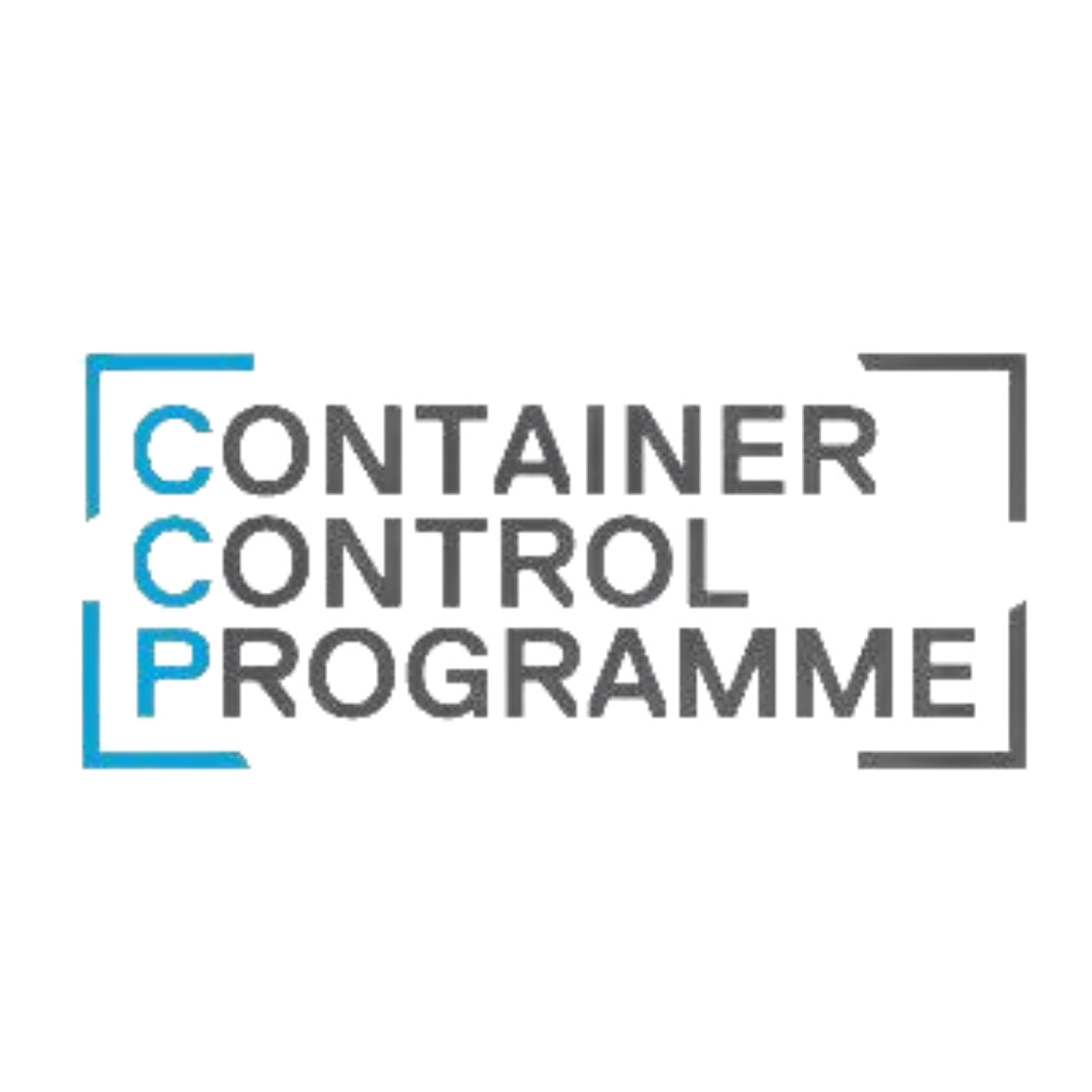
The CCP – Container Control Programme was established as a joint initiative of UNODC and the World Customs Organization (WCO) in 2004. The mission of the CCP is to empower countries seeking to improve risk management, supply chain security, and trade facilitation at seaports, airports and land border crossings to prevent the cross-border movement of illicit goods.
Currently, the CCP operates in over 70 Member States. More than 120 Port Control Units (PCUs) and Air Cargo Control Units (ACCUs) have been established since 2004. These efforts have resulted in the seizure of a wide range of prohibited goods, such as weapons and ammunition, fishery products, forestry, wildlife, and other environmental crimes, drugs, counterfeit or unlicensed medicines, drug and explosive precursors, cigarettes, alcohol, stolen vehicles, and counterfeit products.
The results of the CCP – Container Control Programme would not be possible without the support of the following donors: Australia, Canada, Denmark, European Union, France, Germany, Italy, Japan, Luxembourg, Netherlands, Norway, Spain, Sweden, DCAF/Switzerland, United Kingdom, and the United States of America.
The CCP's global training activities also benefit from contributions including organizing study visits and providing experts from national law enforcement and customs administrations, including those from Australia, Bangladesh, Belgium, Brazil, Cambodia, Finland, France, Georgia, Germany, Ghana, Israel, Italy, Netherlands, Norway, Pakistan, Peru, Poland, Portugal, South Africa, Spain, Thailand, Tunisia, Uganda and the United Kingdom.
For more information and details on this UNODC project, visit the global CCP website (in English).